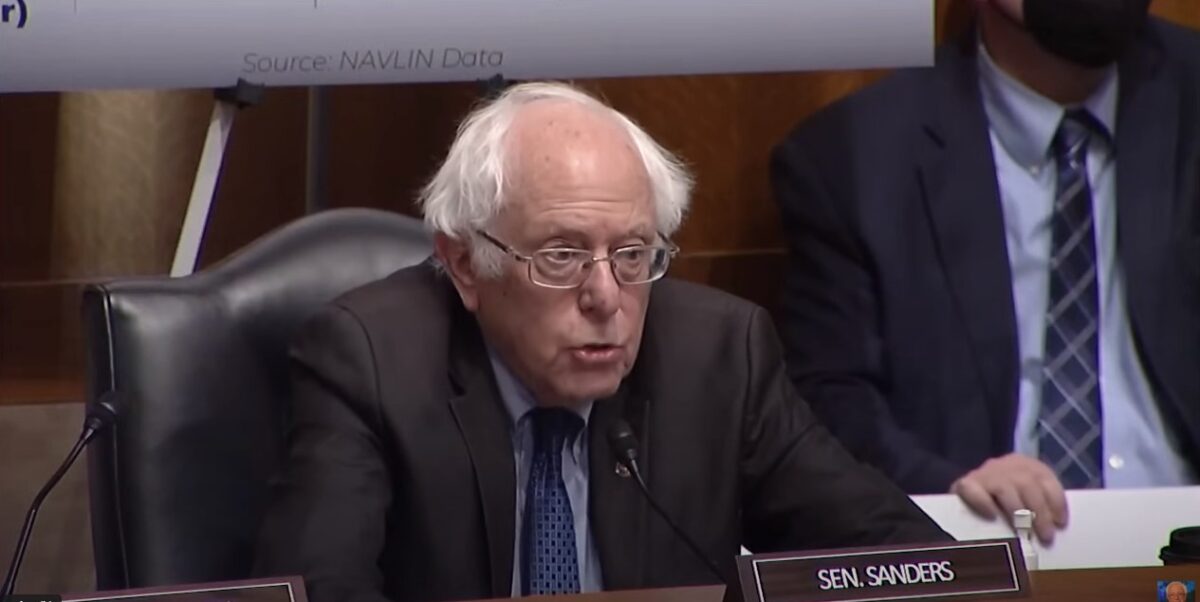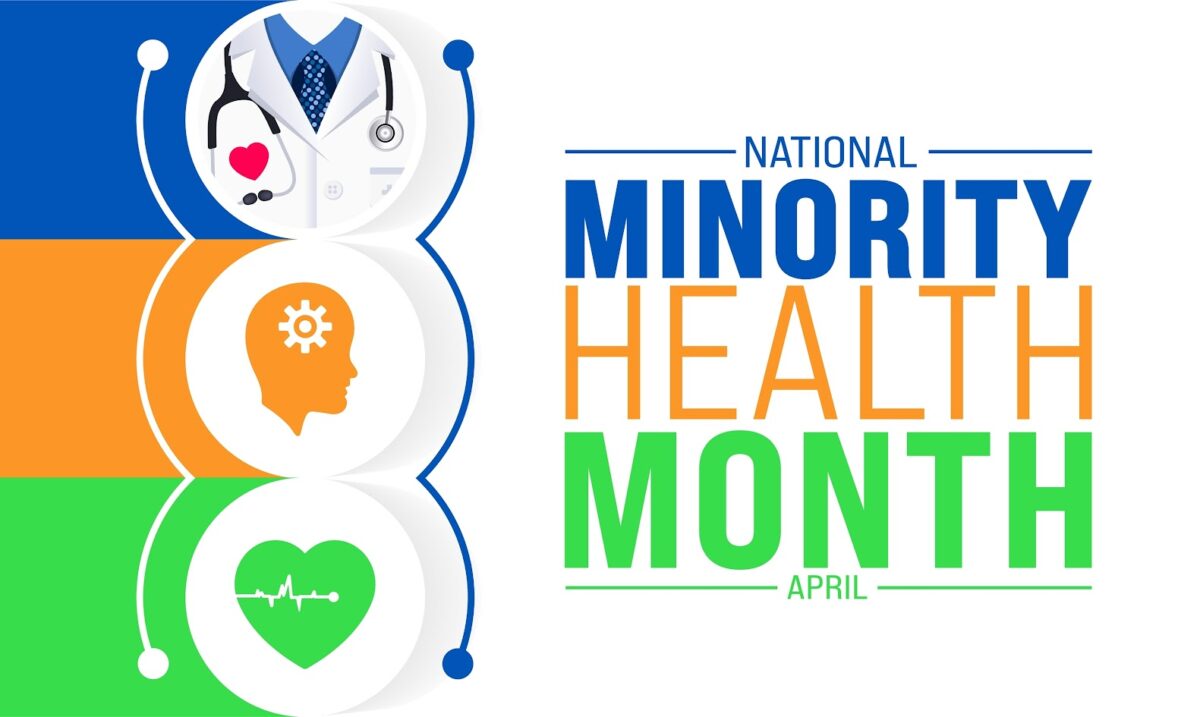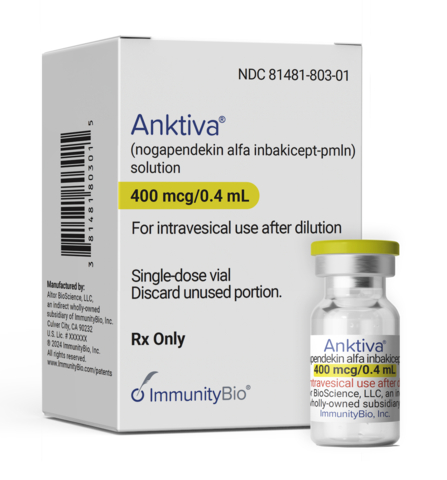Novartis’ biosimilars and generics drug division Sandoz has announced a new global campaign called ‘Act4Biosimilars’ to help raise awareness about biosimilars and increase their adoption by at least 30 percent in over 30 countries by the year 2030.
In a press release, the company says the goal of the Act4Biosimilars campaign is to help “address global health inequity and inequality” by increasing access to advanced medicines like biosimilars. This will be made achievable by improving the approvability, accessibility, acceptability and affordability (the 4 A’s) of biosimilars.
Biosimilars are generic versions of biologics medicines that already have regulatory approval (called the reference product) and have expired patents leading to a loss of exclusivity rights.
Biosimilars are designed to be highly similar to the reference product that they are modeled after, and thus match their reference product with respect to quality, safety and efficacy.
Sandoz is a pioneering leader in generic pharmaceuticals and biosimilars, as Sandoz launched the world’s first biosimilar in Europe in 2006 and won the first biosimilar approval in the US in 2014.
Related: Cyltezo Becomes First FDA-Approved Interchangeable Humira Biosimilar
Biosimilars are less expensive than their reference products because of lower R&D costs and a shorter and cheaper path to approval due to reduced clinical trial requirements. On average, biosimilars are about 30 percent cheaper than original branded biologics, with expectations that they could become even cheaper.
“As a result of their affordability, biosimilars have opened up a new realm of possibility for patients by enabling biological medicines to become more widely available to those in need of these advanced, life-changing treatments,” said Zorana Maravic, CEO, Digestive Cancers Europe. “However, until we address existing biosimilar access inequities, far too many patients will continue to miss out on treatment with the best possible medicines.”
The Act4Biosimilars campaign is being spearheaded by a Steering Committee comprised of patient advocacy leaders, healthcare professionals, biosimilar experts and industry leaders from around the world to facilitate Sandoz’s 30-by-30 goal.
To kickstart the campaign, the Steering Committee has outlined 12 goals under the 4 A’s to achieve the target. Among them are “ensuring equitable pricing, involving patients in treatment decisions and streamlining biosimilar development.”
Sandoz said that “as an immediate next step, the Steering Committee is developing an Action Plan to provide the strategies, tools and activities needed to equip and empower stakeholders to realize these 12 goals, across the 30 countries and beyond.”
The Steering Committee will draft the Action Plan in conjunction with biosimilar experts and key stakeholders, including patient organizations, healthcare professionals, trade associations, think tanks, government bodies and professional societies.
Country Indicator Maps will be used to support the Action Plan, which will track and measure changes being driven by groups, associations and organizations worldwide.
Although less expensive than their reference products, biosimilars have faced challenges in uptake due to regulatory, manufacturing and legal roadblocks. AbbVie, maker of the blockbuster rheumatoid arthritis medication Humira, which continues to reign as the world’s best-selling drug, has been accused of blocking Humira biosimilar competition by exercising patent loopholes and price hikes. As a result, the company is currently embroiled in legal disputes over claims of creating a market monopoly.
Biosimilar uptake has also been hindered in part by concerns and misinformation that they are not as effective or safe as the original branded drug. As part of the Act4Biosimilars campaign, Sandoz said it will address such misinformation and concerns through informational campaigns and discussions.
In 2021, Sandoz revealed that it had plans to launch six biosimilars across the US and EU in the next couple of years. The company has around 15 biosimilar programs in development internally or through partnerships.
Due to their low cost and use in treatments for many serious and chronic diseases like cancer, psoriasis, arthritis and diabetes, the biosimilars market is expected to grow from $15.6 billion in 2021 to a high of $44.7 billion by 2026 at a compound annual growth rate (CAGR) of 23.5 percent.












Join or login to leave a comment
JOIN LOGIN